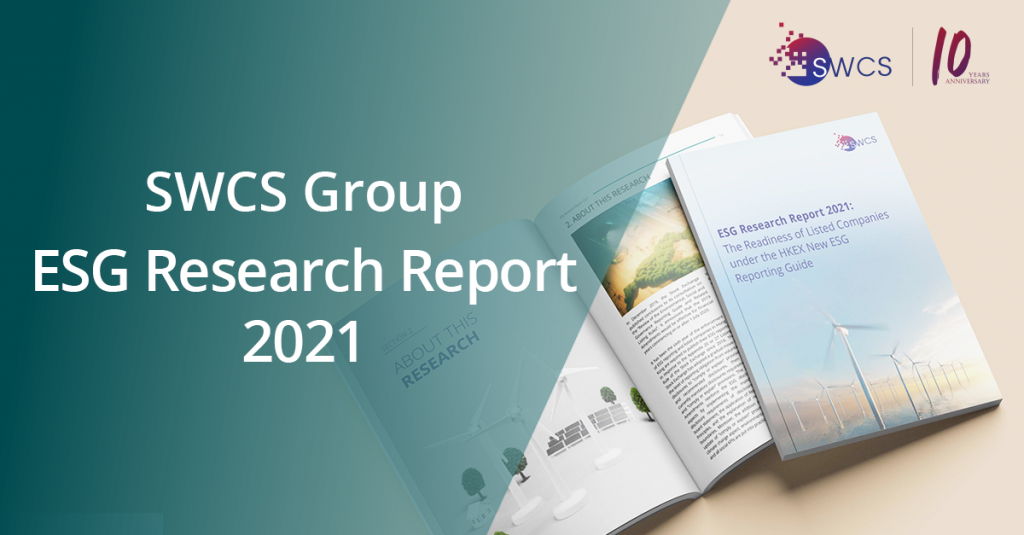The research on the recent ESG reports revealed that there is still a considerable gap in meeting the latest ESG disclosure requirements on the 339 companies surveyed. Although ESG-indexed companies have a relatively higher degree of disclosure in aspects such as board’s involvements in supply chain’s ESG and associated governance structure and assurance than that of non-ESG indexed companies, the disclosure in reporting principles and reporting boundaries, environmental targets, climate change and anti-corruption training to directors are generally low in both ESG-indexed and non-ESG-indexed companies.


Since the 2019 Amendments stress the importance of the board in taking leadership and accountability on various ESG matters of the company, it is expected substantial improvement in the way ESG matters are currently being communicated and managed, which typically only includes the board members meeting once a year for purposes of approving ESG reports, will be needed. To effectively exercise the leadership role of the board, an effective ESG governance structure and mechanism that allows regular involvements (and hence decision-making) and communications on ESG matters by the board would be necessary. This is particularly crucial when the issuance of a board statement (regarding the board’s oversight and management approach and strategy of ESG matters) has become a mandatory requirement, which simply implies that the board will require to be fully involved in all material ESG issues before such statements could be made.
Establishing and maintaining an ESG governance structure from board to operational levels is crucial for more effective ESG management for listed companies. Roles and responsibilities of the ESG governance framework should be well differentiated to oversee, endorse, evaluate, and execute ESG matters of the companies according to its ESG strategy. In addition, as ESG and climate-related risks present financial, operational and compliance risks to companies, the management of these risks is an integral part of good corporate governance. Companies should ensure that these risks are considered when establishing, implementing, and maintaining effective ESG reporting to improve its disclosure quality.
For listed companies that have already set up ESG governance, the organisational structure of sustainability management and relevant sustainability plans, policies and significant risks and opportunities should be reviewed regularly to respond to changes in its business and external environment. For some listed companies that may not have set up a clear ESG governance, actions of organising and establishing governance framework should be taken promptly to enhance the board’s supervision on ESG management. The board should put the ESG risk management on the agenda and take the lead to identify and evaluate ESG and climate-related risks and opportunities. Some companies may encounter difficulties in fulfilling the disclosure requirements according to the ESG Reporting Guide such as the lack of knowledge on ESG issues and reporting standards. In view of this, these companies are highly encouraged to seek professional assistance to get well prepared with ESG reporting for the prevention of non-compliance. The Stock Exchange has published relevant guidance regarding the 2019 Amendments and aim to update the document from time to time to ensure that it remains up to date.



